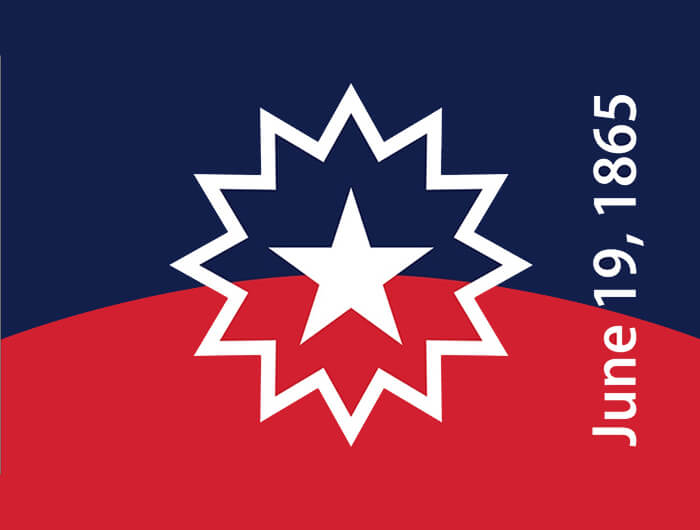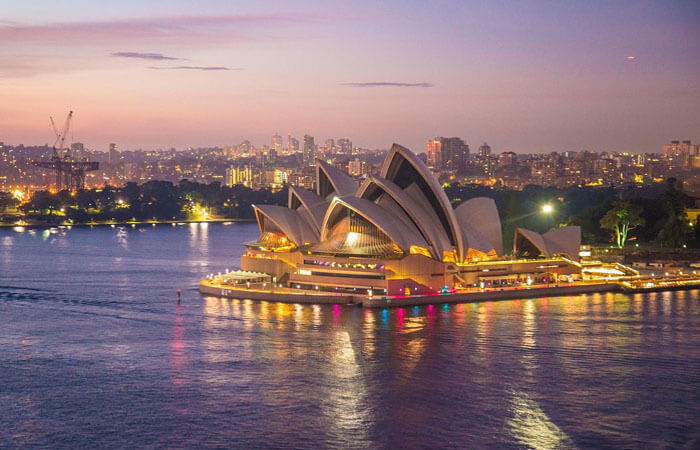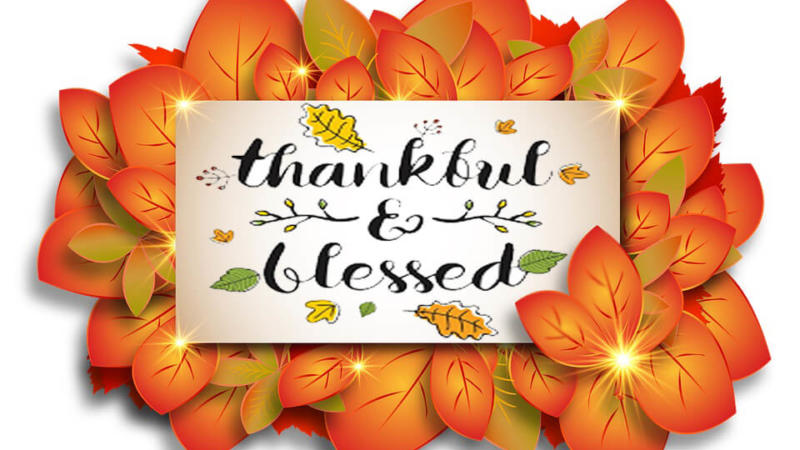Juneteenth | Emancipation Day | Freedom Day

Juneteenth is a federal holiday on June 19, commemorating the freedom of the slaves in the United States. The name Juneteenth is a combination of the words June and nineteenth. The day is also called Emancipation Day and Freedom Day.
Juneteenth recognizes this ongoing struggle while celebrating the enduring contributions of African Americans. People honor this day and celebrate independence, they also recognize the struggle – historically and in our current moment – to achieve true freedom and justice for all.
History
Juneteenth, a new federal holiday was signed last year by President Joe Biden the National Independence Day Act, making it the first new federal holiday since Martin Luther King Jr. Day, added in 1983. The day recognizes the date in 1865 when Texas residents—including roughly 250,000 enslaved people—learned that all enslaved people had been freed. Enslaved Africans in Galveston, Texas, learned on June 19, 1865, two years after the Emancipation Proclamation was signed, that slavery was officially over in America.
Established by law, such as other holidays, including Labor Day, Memorial Day, and New Year’s Day. Now that it’s approved, Juneteenth is the 11th federal holiday in the US. Like other federal holidays, banks, schools, and government companies (like post offices) are expected to be closed for Juneteenth.
Celebrations of Juneteenth — which combines the word June with Nineteenth — began in 1866, a year and a day after Granger’s announcement. After they were freed, some former slaves and their descendants would travel to Galveston annually in honor of Juneteenth. That tradition soon spread to other states, but it wasn’t uncommon for white people to bar Black people from celebrating in public spaces, forcing Black people to get creative. In one such case, Black community leaders in Houston saved $1,000 to purchase land in 1872 that would be devoted specifically to Juneteenth celebrations, according to the Houston Parks and Recreation Department. That land became Emancipation Park, a name that it still bears.
In the 1960s, the civil rights movement brought a new push for America to live up to those ideals—and with it came a renewed awareness of Juneteenth. One turning point in awareness came in the aftermath of the assassination of civil rights leader Martin Luther King Jr. in April of 1968.
On January 1, 1980, Juneteenth became an official holiday in Texas, through the efforts of Al Edwards, an African American state legislator. The successful passage of this bill marked Juneteenth as the first emancipation celebration granted official state recognition. Thursday, April 11, 2002, Iowa Governor Tom Vilsack (D-IA) signed legislation establishing Juneteenth as a state holiday in Iowa. The holiday will be known as Juneteenth National Freedom Day.
Black Americans found a way to continue to celebrate and lift one another. Early on, Juneteenth celebrations often involved helping newly freed Black folks learn about their voting rights, according to the Texas State Historical Association. Rodeos and horseback riding were also common. Now, Juneteenth celebrations commonly involve cookouts, parades, church services, musical performances, and other public events.
Juneteenth Flag

The first Juneteenth flag — a banner with a bursting star in the middle is the Juneteenth Flag, a symbolic representation of the end of slavery in the United States — was created in 1997 by Ben Haith, the founder of the National Juneteenth Celebration Foundation (NJCF). In 2000, artist Lisa Jeanne Graf modified the flag to its’ present, modern-day design. In 2007, the date of the first Juneteenth (June 19, 1865) was added to the flag.
According to the NJCF, the Juneteenth Flag represents a star of Texas bursting with new freedom throughout the land, over a new horizon. The Juneteenth Flag also represents new freedom, a new people, and a new star. The red, white, and blue color scheme is the same as the American flag. This serves as a reminder that enslaved people and their descendants were and are Americans.
How is Juneteenth observed?
Juneteenth is celebrated nationwide with historical reenactments, African-inspired programming, music, dance performances, and so much more. Black men, women, and children dressed in their finest attire and gathered to sing spirituals, pray, play baseball and eat. Often the menus included fried chicken, cornbread, greens, and handmade strawberry soda.
Some traditional ways to celebrate Juneteenth that you may still see today are rodeos, fishing, barbecuing, and baseball, according to the Juneteenth website. A prayer service, speaker series, reading of the Emancipation Proclamation, and dances are among other early Juneteenth celebrations, according to the Texas State Library and Archives Commission.
Use June 19 as a day to reflect on critical issues that perpetuate discrimination against Black people in America and around the world. Know more about its history, including how Black families felt after being emancipated. Watch the documentary 13th on Netflix, or engage with other movies, shows, books, and podcasts that can help reveal real-world, present-day issues.
Juneteenth symbolizes the end of slavery and symbolizes for many African-Americans, what the Fourth of July symbolizes for all Americans. For Americans that is freedom. While blacks celebrate the Fourth of July in honor of American Independence Day, history reminds us that blacks were still enslaved when the United States gained its independence.
Suggested Read: Important Days In June






